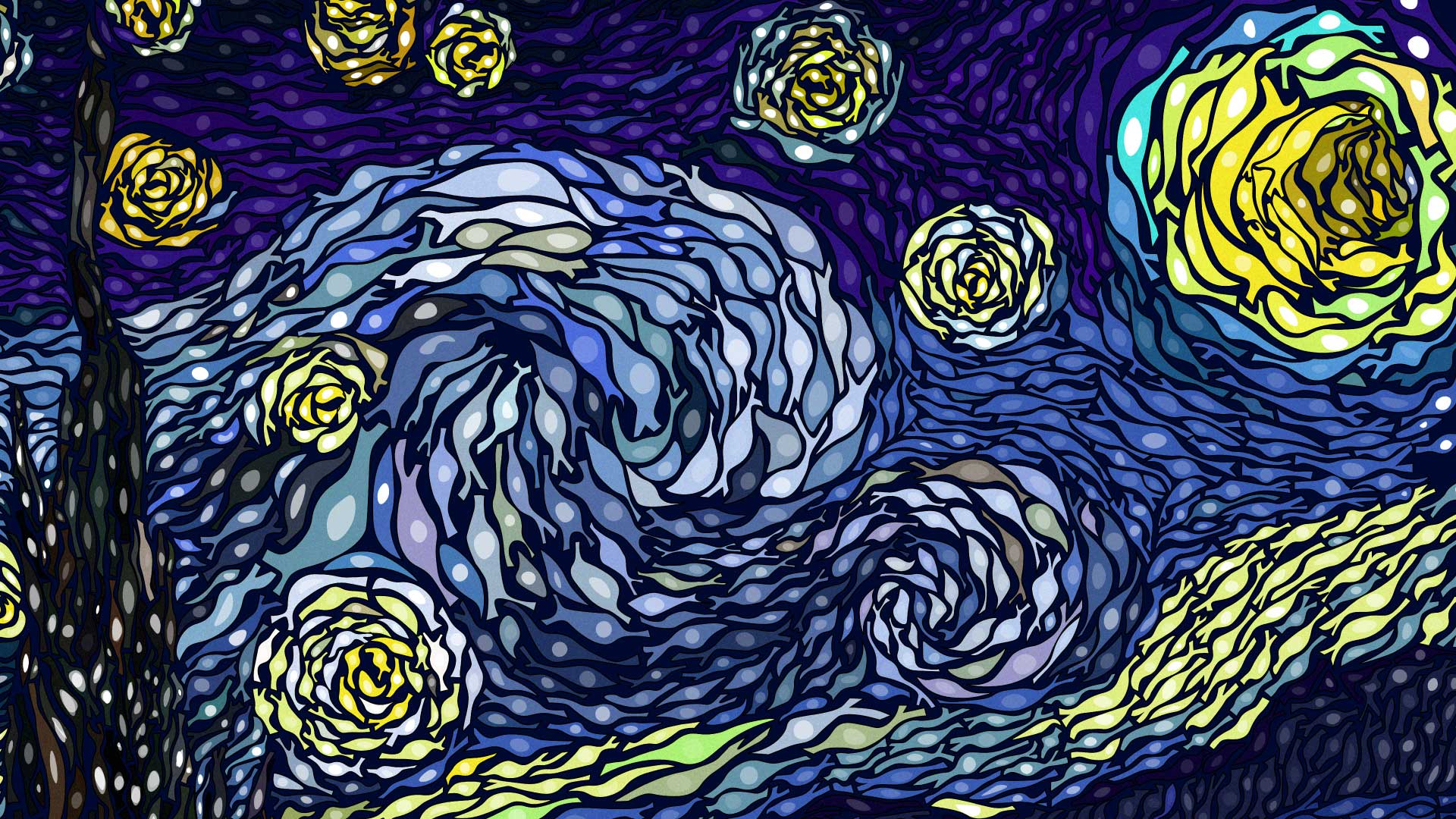

16th - 17th December 2021
EMBL Venue | VIRTUAL
Join us for the 23rd Anniversary of the annual EMBL PhD Symposium. Since its conception in 1999, the EMBL PhD Symposium has evolved into a highly respected scientific meeting, connecting young researchers and high-profile scientists alike. This year, our Symposium centers on the theme
Each year, the life sciences are becoming more and more interdisciplinary in nature. No better example can be given than the current pandemic, where researchers in different fields have collaborated to bring about a rapid research-driven response against the novel coronavirus. We are dedicated to creating a symposium that brings together researchers who study life sciences at different scales and explore the interdisciplinary approaches utilized to link the different scales of life. We will address the most recent developments in the life sciences starting with taking a step back to look at life outside of Earth (astrobiology) and then proceed to zoom in covering ecology, organismal biology, tissue biology, cell biology and subcellular biology . Furthermore, we look to provoke fruitful discussion into how these topics can be integrated to promote better understanding of both the whole picture and its parts.
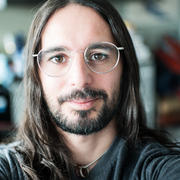 A. Murat Eren (Meren)
A. Murat Eren (Meren)
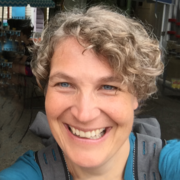 Andi Pauli
Andi Pauli
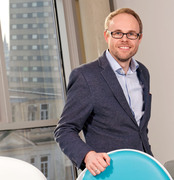 Christoph Bock
Christoph Bock
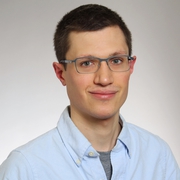 Florian Schmidt
Florian Schmidt
 Jan Brugues
Jan Brugues
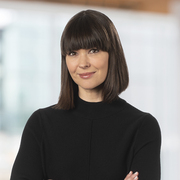 Jennifer Gardy
Jennifer Gardy
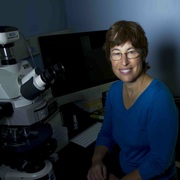 Lynn Rothschild
Lynn Rothschild
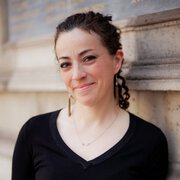 Marie Manceau
Marie Manceau
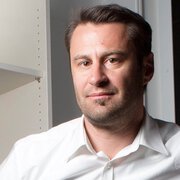 Matthias Lutolf
Matthias Lutolf
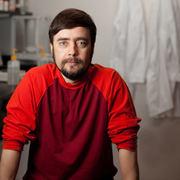 Michael Levin
Michael Levin
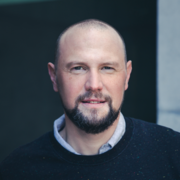 Richard Wombacher
Richard Wombacher
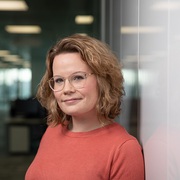 Sara-Jane Dunn
Sara-Jane Dunn
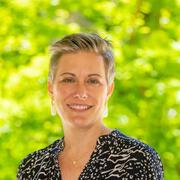 Sarah Heilshorn
Sarah Heilshorn
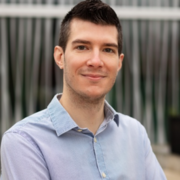 Simon Haas
Simon Haas
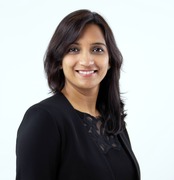 Smita Shankar
Smita Shankar
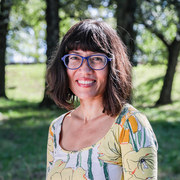 Suliana Manley
Suliana Manley
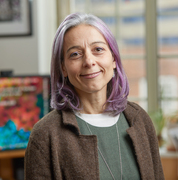 Valentina Greco
Valentina Greco
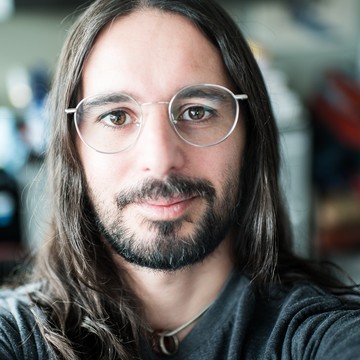
University of Chicago
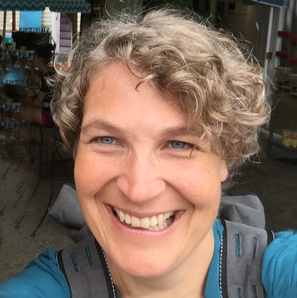
Research Insitute of Molecular Pathology
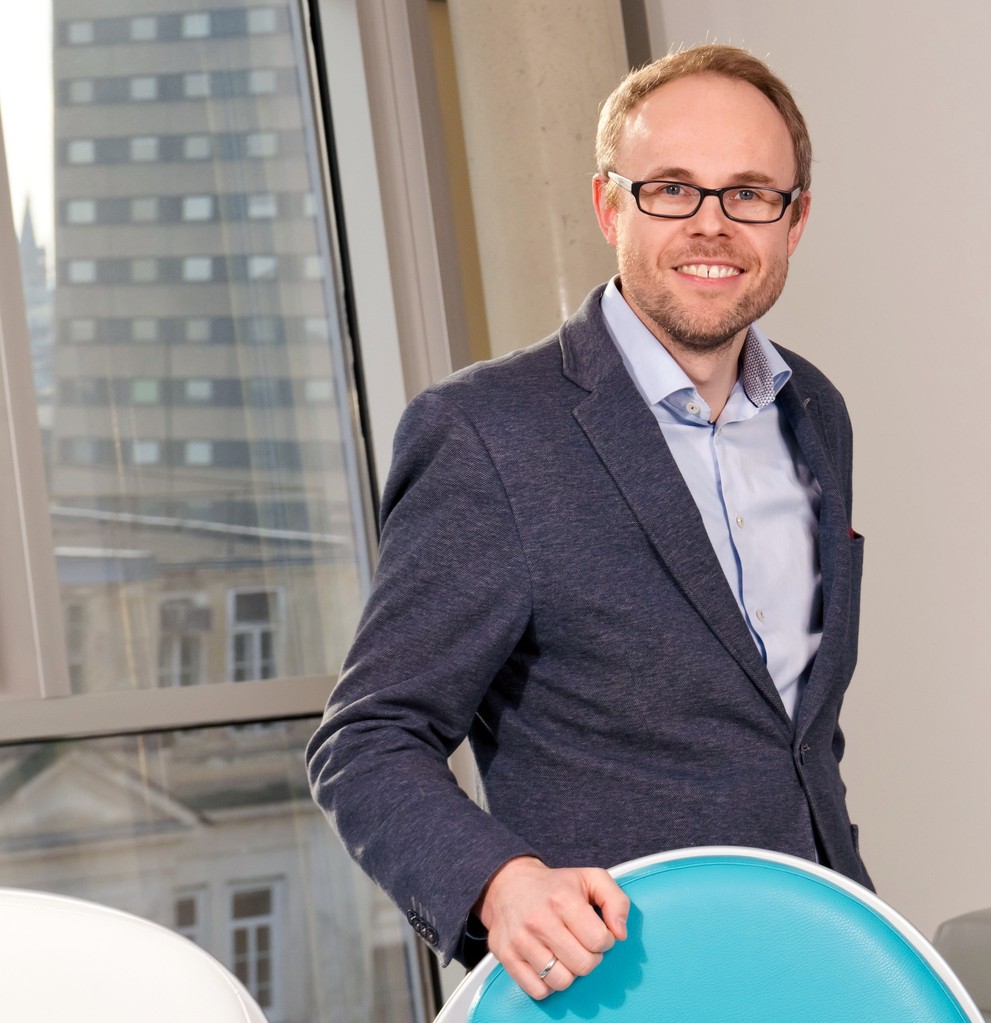
CeMM Research Center for Molecular Medicine
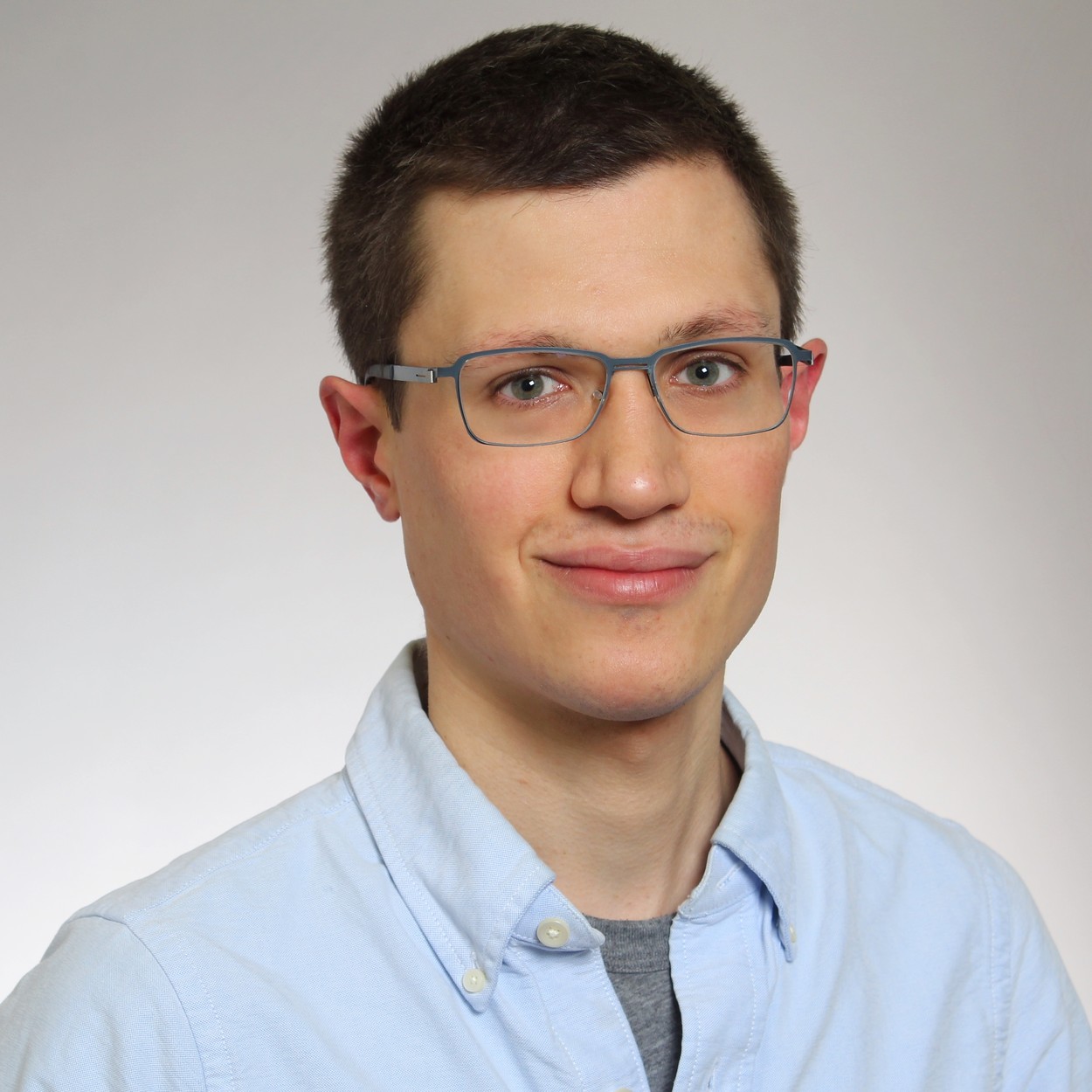
ETH Zurich
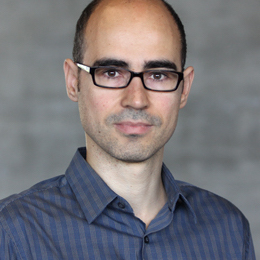
Max Planck Institute of Molecular Cell Biology and Genetics
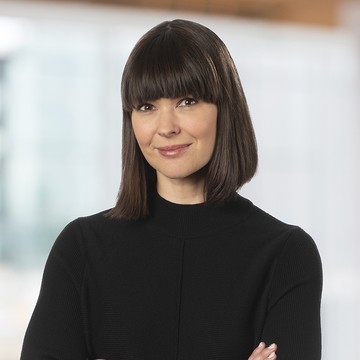
Bill & Melinda Gates Foundation
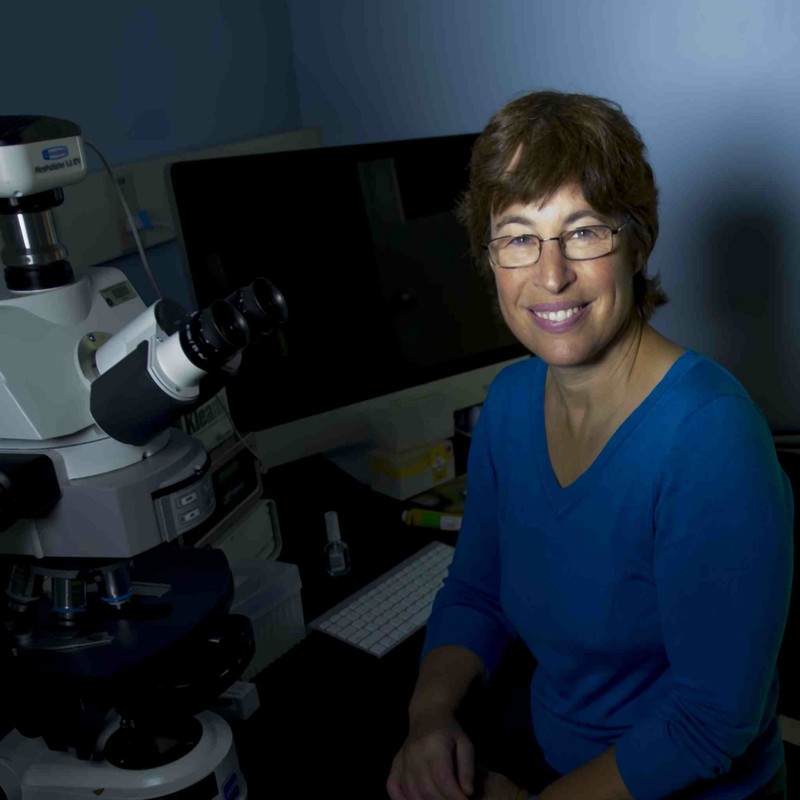
NASA Ames Research Center
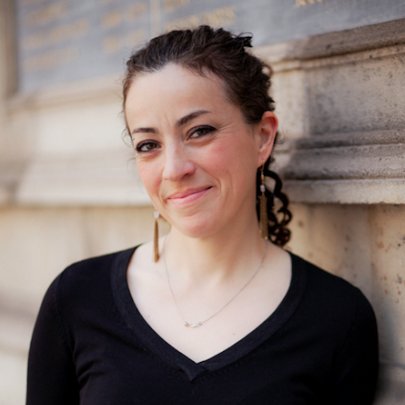
College de France
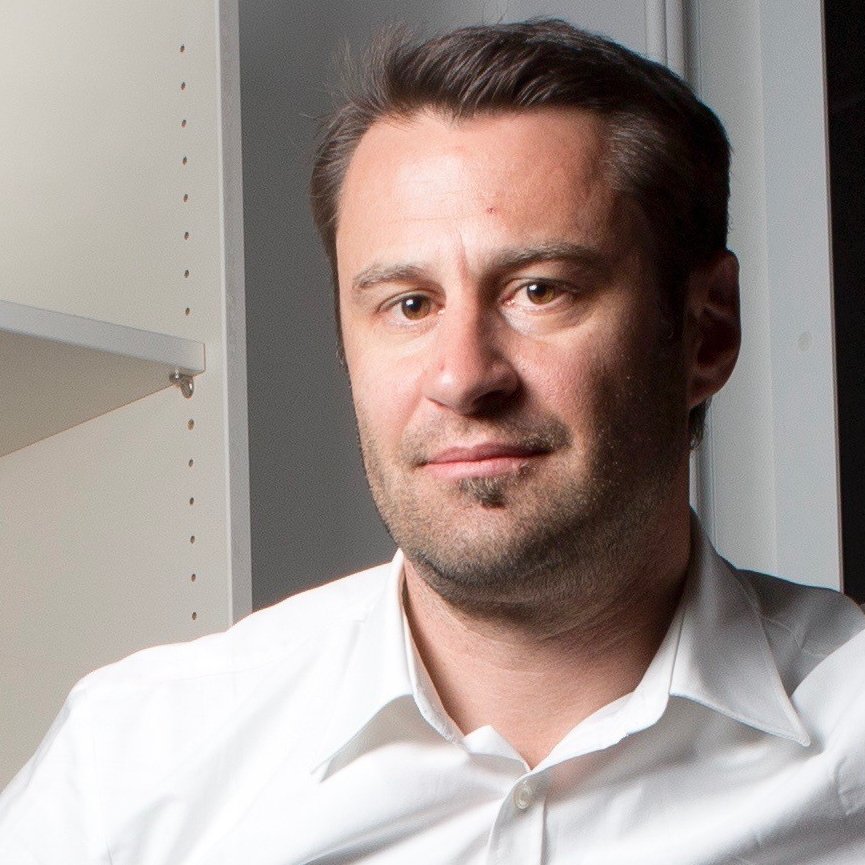
École polytechnique fédérale de Lausanne (EPFL)
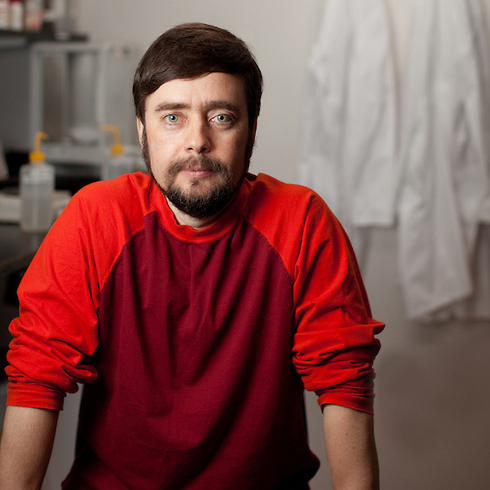
Tufts University
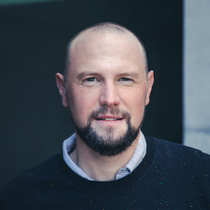
Institute of Pharmacy and Molecular Biotechnology, Heidelberg
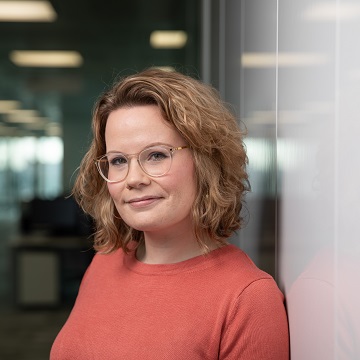
Google DeepMind
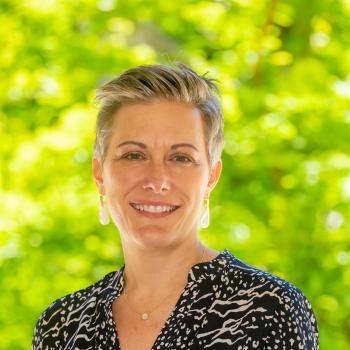
Stanford University
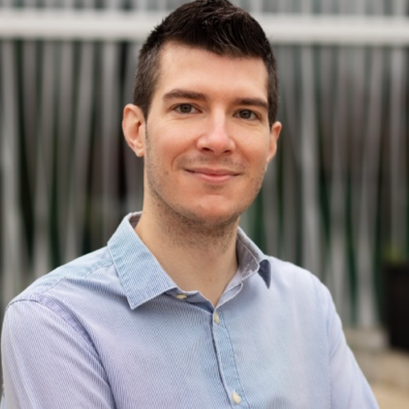
Heidelberg Institute For Stem Cell Technology And Experimental Medicine
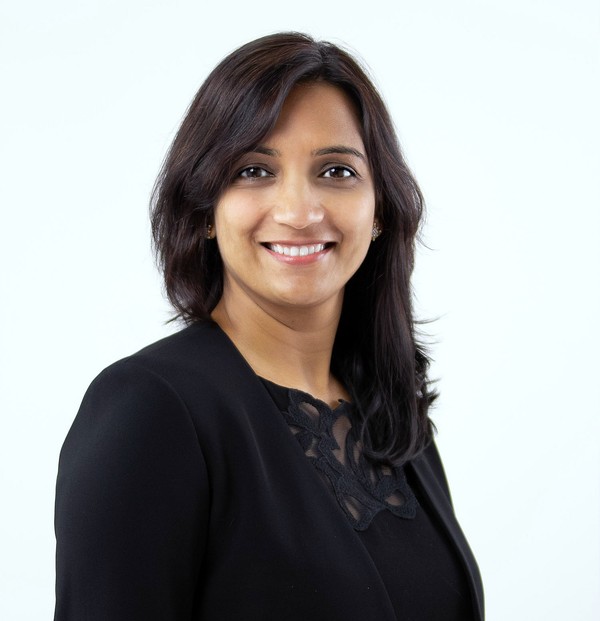
Impossible Foods
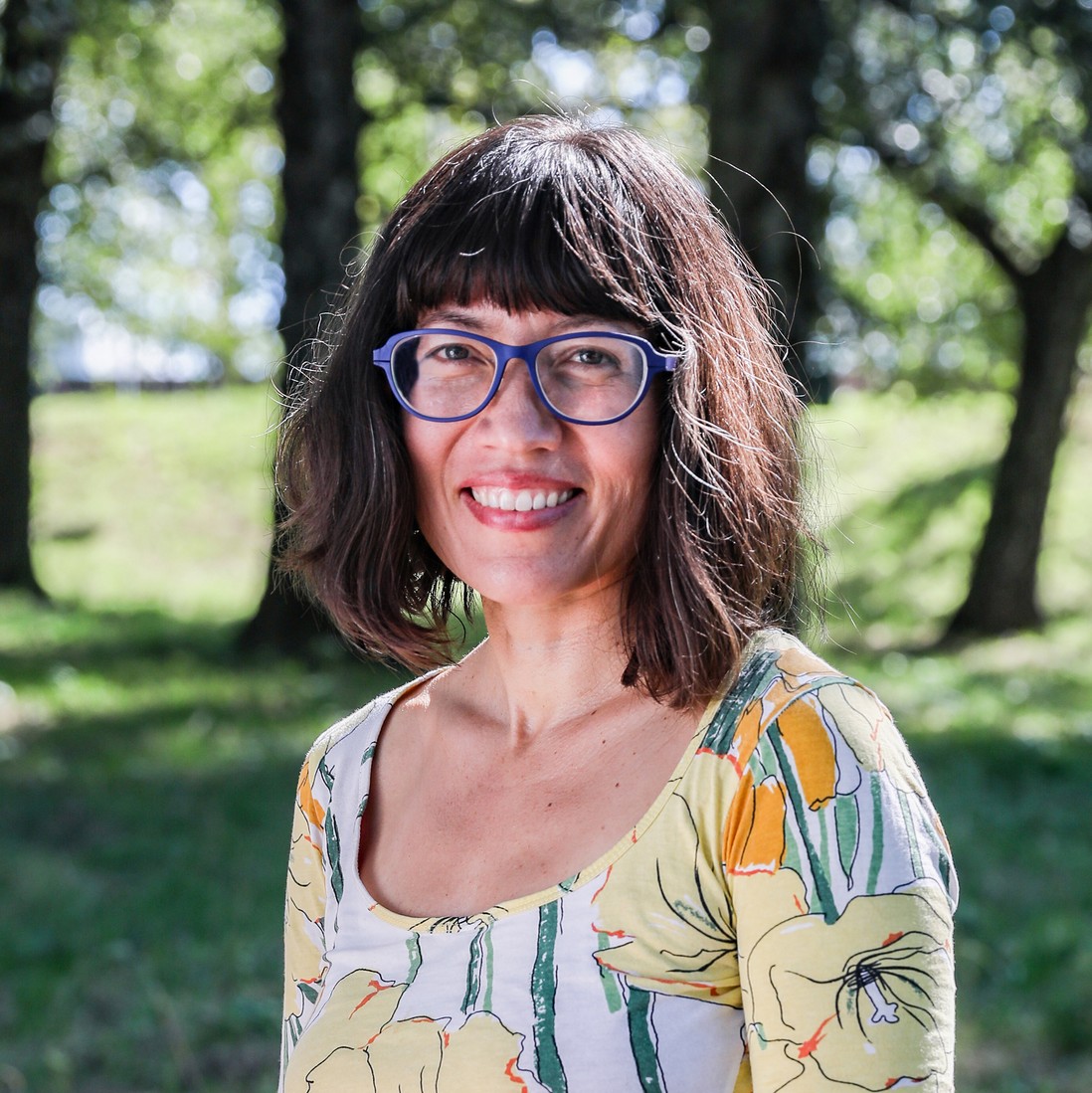
Ecole polytechnique federale de Lausanne
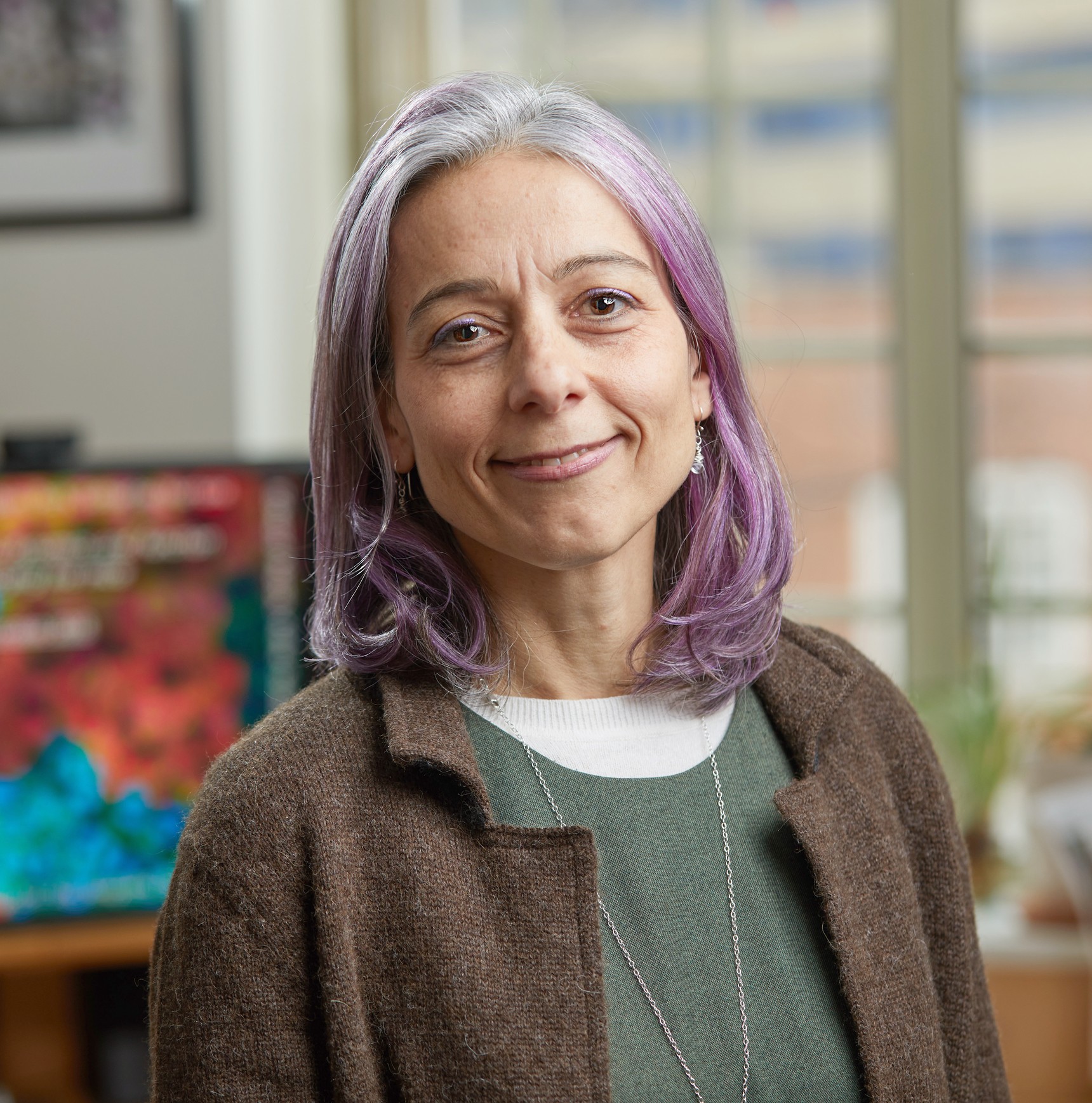
Yale School of Medicine
| 13:00 - 14:00 | Nikon From millimeters to nanometres; Life seen through Nikon microscopes |
| 14:00 - 15:00 | Bayer Part I: Why is science so important for society? Equality, Collaboration & Trust. Part II: Careers in Science & Beyond: A Real World Experience |
| 15:00 - 16:00 | Agilent From Academia to Industry: Transforming the labs that transform the world. |
| 15:00 - 17:00 | Virtual Booths Bayer and Agilent |
| 08:45 - 09:00 | Symposium Opening & Welcome: Edith Heard |
| 9:00 - 9:05 | Subcellular Session Introduction |
| 9:05 - 9:35 | Richard Wombacher: Chemical probes for application in biology and medicine |
| 9:35-10:05 | Suliana Manley: Mysteries and insights into mitochondrial dynamics |
| 10:05-10:35 | Jan Brugues: Force generation by protein-DNA co-condensation |
| 10:35-10:55 | Short Talks Carmen Escalona - Non-viral CRISPR delivery strategies for the generation of improved gene editing tools Sudarshana Laha - Phase separated compartments as biochemical reactors Michael Jendrusch - AlphaDesign - designing proteins with AlphaFold |
| 10:55-11:10 | Sponsor Talks: Bayer, Nikon, and Agilent |
| 11:10-11:15 | Virtual Coffee Break |
| 11:15-12:00 | Posters A-J |
| 12:00-13:00 | Lunch |
| 13:00-13:05 | Cell Session Introduction |
| 13:05-13:35 | Florian Schmidt: Transcriptional recording by CRISPR spacer acquisition from RNA |
| 13:35-14:05 | Simon Haas: Stem cells & cancer at single-cell resolution |
| 14:05-14:25 | Short Talks Elzbieta Gralinska - What do cells have in common? Association Plots reveal cell-cluster specific genes from high-dimensional transcriptome data Sahana Vasudevan - Eavesdropping attack of bacterial communication by functionalized metal oxide nanointerfaces: Towards early infection diagnosis Craig Watson - Microfluidic chip for long-term cell co-culture |
| 14:25-14:35 | Virtual Coffee Break |
| 14:35-15:05 | Christoph Bock: Looking into the past and future of cells: Single-cell analysis of epigenetic cell states in cancer and immunology |
| 15:05-15:35 | Sara-Jane Dunn: From Software Bugs to Transcriptional Networks - Uncovering Information Processing at the Cellular Level |
| 15:35-16:05 | Smita Shakar: Making Heme: Impossible Foods’ Key Ingredient |
| 16:05-16:20 | Virtual Coffee Break |
| 16:20-18:20 | Workshops Consultancy - Answering clients' problematics in innovation at the interface between science and business, Stephane bagnato Career Panel - Sander Wuyts, Judith Zaugg, Maria Polychronidou, Mark Bonyhadi and Maciej Lopatka Mental Health - How to become more productive, confident and happier researcher ?, Ewa Pluciennicka Science Communication - Science journalists are not the enemy, Luca Barone Bio-imaging center - Cryo-CLEM and Super-resolution methods, Simone Mattei and Timo Zimmermann |
| 8:55-9:00 | Tissue Session Introduction |
| 9:00-9:30 | Aidan Gilchrist (Sarah Heilshorn's lab): Engineered matrices probe essential features of environment across a broad spectrum of organoid systems |
| 9:30-10:00 | Marie Manceau: Developmental control of avian skin patterns |
| 10:00-10:30 | Matthias Lutolf: Engineering organoid development |
| 10:30-10:45 | Short Talks Marina Cuenca - The role of cephalic furrow formation in Drosophila: From cellular forces to tissue flow Alan Chramiec - Recapitulation of organ-specific breast cancer metastasis using an engineered multi-tissue platform |
| 10:45-11:00 | Virtual Coffee Break |
| 11:00-11:45 | Posters K-Z |
| 11:45-12:30 | Lunch |
| 12:30-13:30 | Social Activities |
| 13:30-13:35 | Organism Session Introduction |
| 13:35-14:05 | Michael Levin: Endogenous bioelectrical networks instruct growth and form: from pre-neural mechanisms to electroceuticals for regenerative medicine |
| 14:05-14:35 | Andi Pauli: A molecular network of conserved factors keeps ribosomes dormant in the egg |
| 14:35-15:05 | Valentina Greco: Principles of regeneration captured by imaging the skin of live mice |
| 15:05-15:25 | Short Talks Salvo Danilo Lombardo - Common topological and biological network properties across different species Mayra Martinez-Lopez - In vivo imaging of BCG immunotherapy reveals that macrophages play an essential role in tumor rejection Fangwen Zhao - Chromatin profiling uncovers a gene-regulatory atlas underlying diverse monogenic antibody deficiencies |
| 15:25-15:40 | Virtual Coffee Break |
| 15:40-15:45 | Ecology Session Introduction |
| 15:45-16:15 | Murat Eren: Studying the ecology of microbes through 'omics |
| 16:15-16:45 | Jennifer Gardy: Data-driven decision-making for malaria eradication |
| 16:45-17:05 | Short Talks Lara Urban - Leveraging adaptive sampling of environmental DNA for monitoring the critically endangered kakapo Hugo Barreto - Gut mélange à trois: fluctuating selection modulated by microbiota, host immune system, and antibiotics Luke Steller - The origins of life on earth: a messy chemistry approach |
| 17:20-17:25 | Astrobiology Session Introduction |
| 17:25-17:55 | Lynn Rothschild: Are we alone? The search for life in the Universe |
| 18:00-19:00 | Panel Discussion: Jan Brugues, Christophe Bock, Sarah Heilshorn, Valentina Greco, Jennifer Gardy, Lynn Rothschild |
| 19:00-19:30 | Closing Remarks and Awards for Best Talk (sponsored by Biology Open) & Best Poster (sponsored by Nikon) |

Bio-Imaging
16th December, 4.20-6.20 pm

Science journalists are not the enemy
16th December, 4.20-6.20 pm

How to become a more productive, confident and happier researcher?
16th December, 4.20-6.20 pm

Answering clients' problematics in innovation at the interface between science and business
16th December, 4.20-6.20 pm

Career panel
16th December, 4.20-6.20 pm
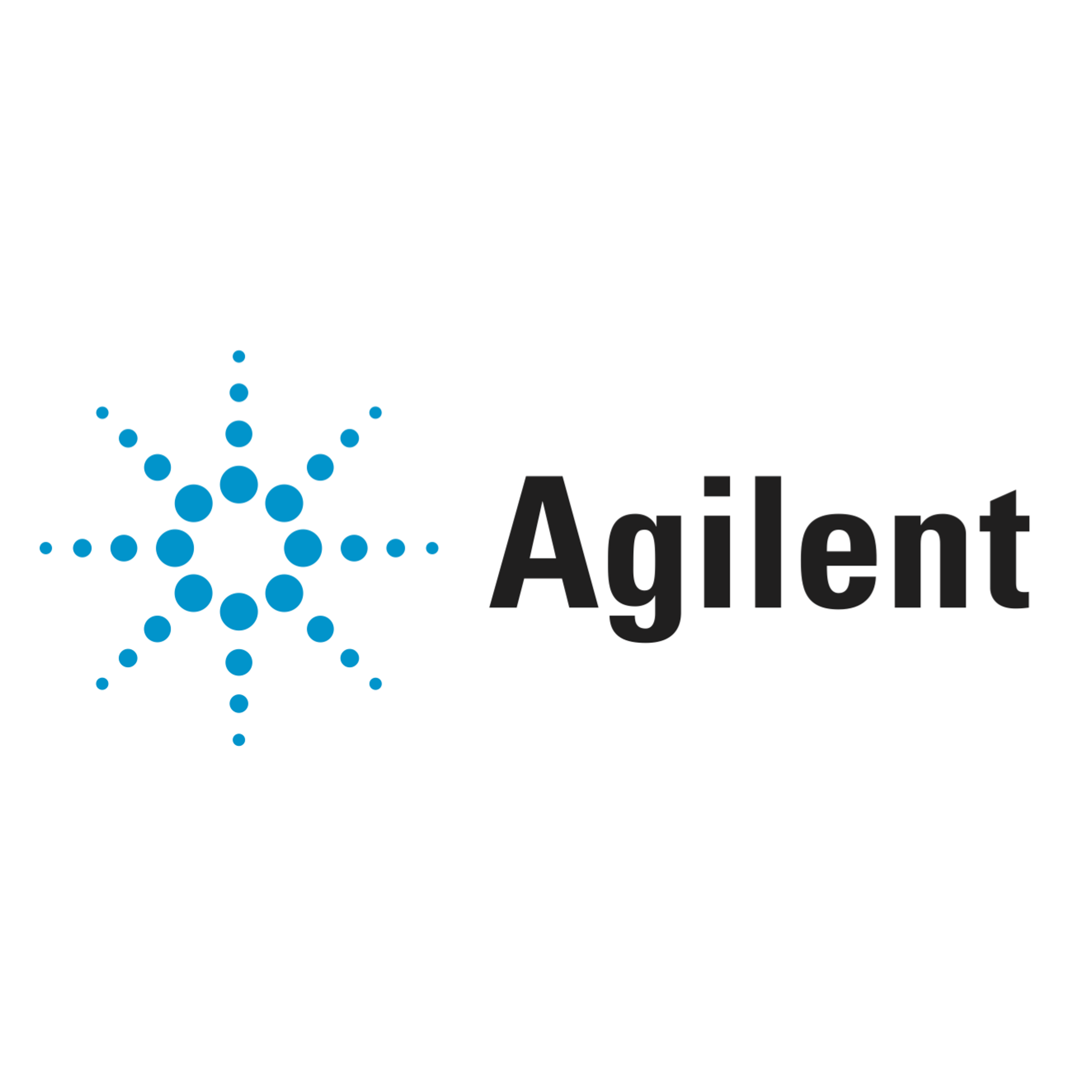
From Academia to Industry: Transforming the labs that transform the world.
15th December, 3-4 pm
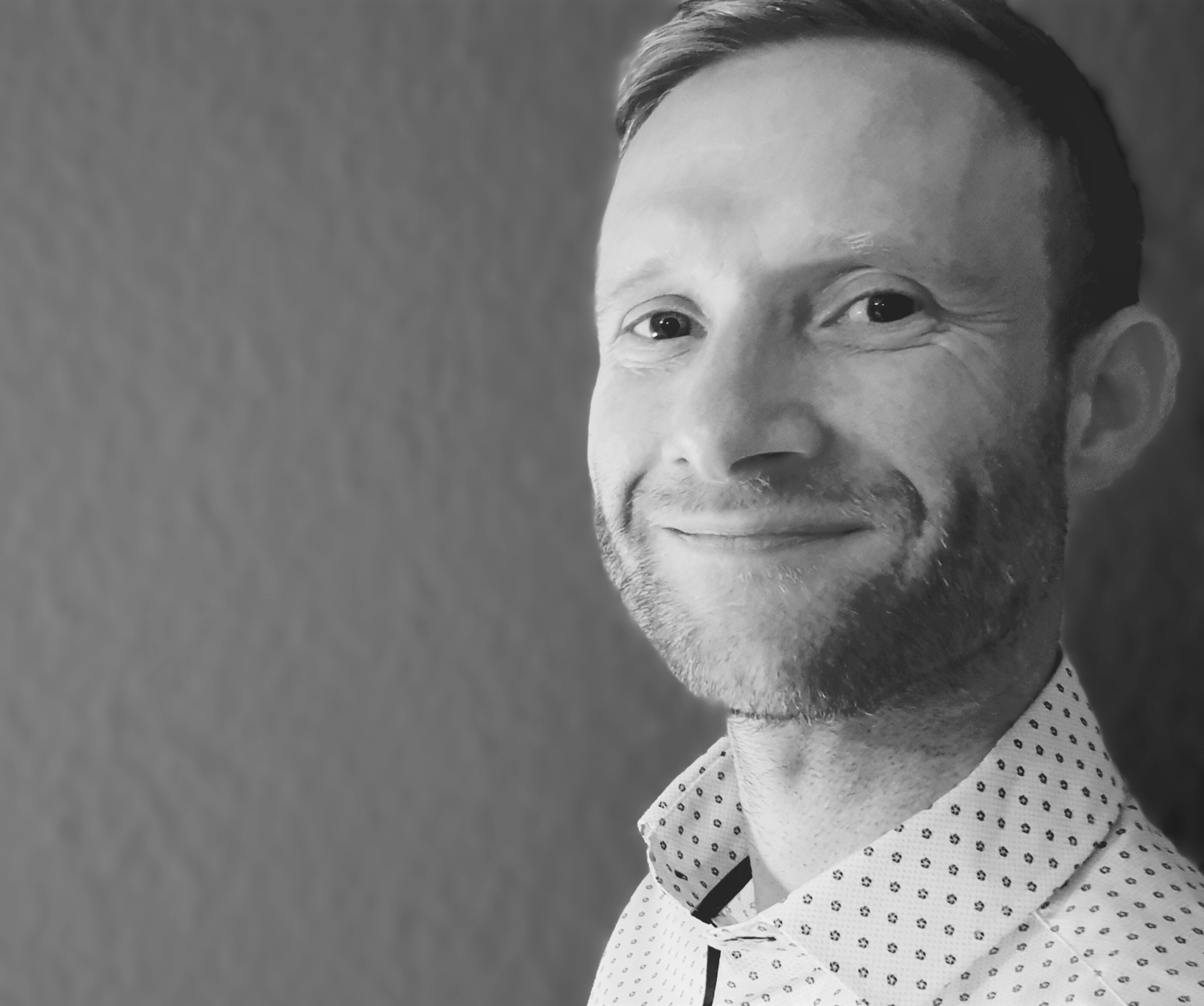
To be announced
15th December, 2-3 pm
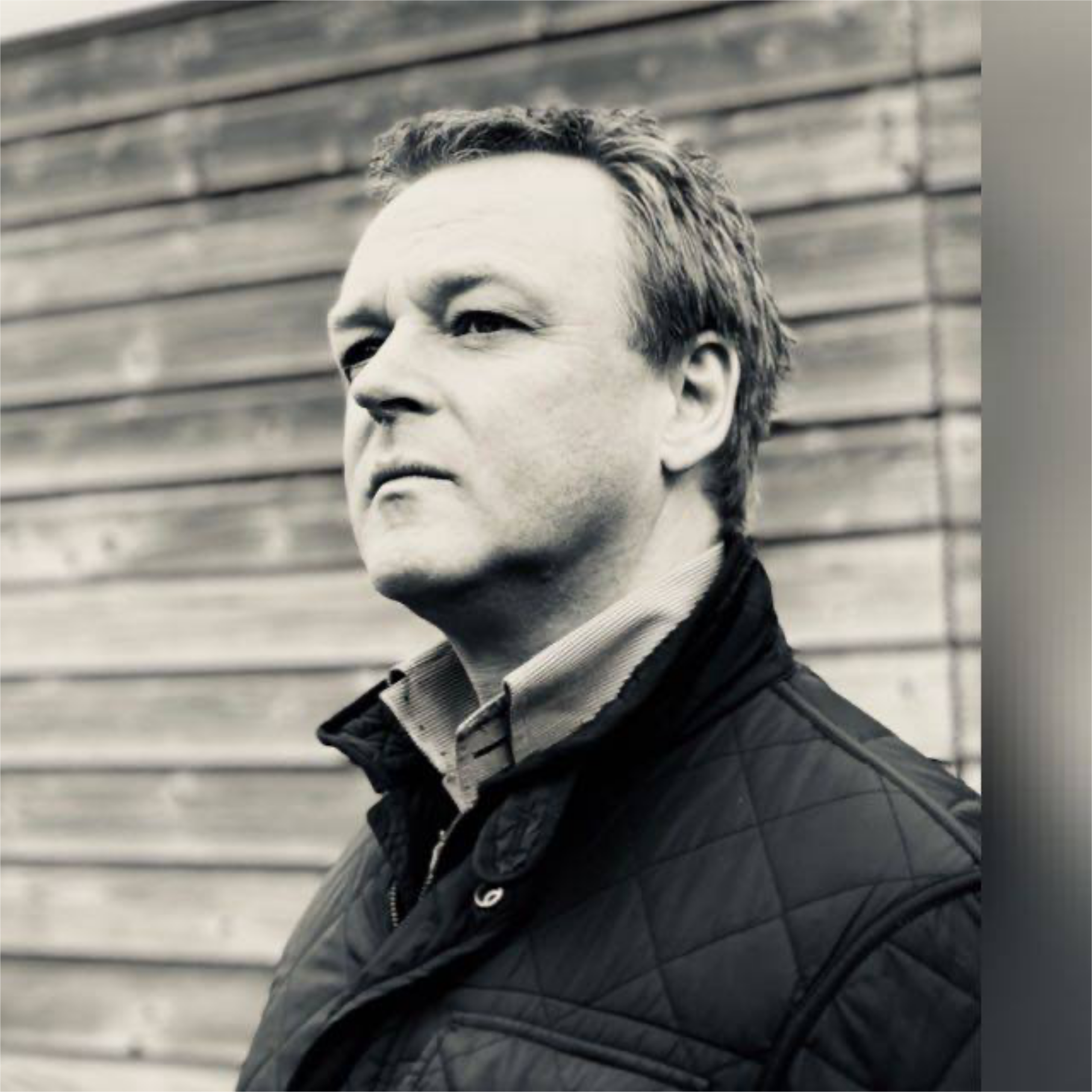
From millimeters to nanometres; Life seen through Nikon microscopes
15th December, 1-2 pm
Registration is now closed.
Click to access late registration
Follow us on our social media accounts to stay tuned!
#EMBLTheBigPicture | #EMBLPhDSymp2021



Answer: The EMBL PhD Symposium is organized by EMBL PhD students to serve as a gathering that connects young researchers and high-profile scientists alike. This year, our Symposium centers on the theme “The Big Picture: Zooming into Life”
Answer: The symposium is scheduled to take place on the 16th and 17th of December 2021. In the evening before the symposium (15.12.21) we will offer an onboarding session to get in touch with each other and to get to know the platform.
Answer: The symposium will be virtual. The platform information will be shared closer to the symposium dates.
Answer: Everyone is invited to attend the symposium.
Answer: Please feel free to contact phdsymposium2021@embl.de
Answer: You can participate in the symposium by registering at https://www.phdsymposium.embl.org
Answer: Yes! All registrants are welcome to submit their abstracts. They can indicate if they want to give a talk or a poster presentation. The flash talks will be selected by the organizing committee after the submission deadline.
Answer: Only registered applicants can submit abstracts. You can find the link for abstract submission in the confirmation email.
Answer: While we encourage abstract submissions, we don’t require abstracts to participate in the symposium.
Answer: Participants with selected abstracts will be invited to test the platform before the symposium. The actual dates and times will be communicated accordingly.
Answer: The last day for abstract submission is the 25th of October 2021. The last day to register as a regular participant is the 14th of November, 2021.
Answer: The registration fee is 25 euros for each registrant
Answer: There are two payment options available. You can either pay upon registration or choose the pay-later option.
Answer: Yes we have financial assistance available for eligible participants. You can request assistance by visiting the abstract submission link and answering the questions marked with ‘Financial Assistance’. If you are not submitting an abstract, you can still apply for financial assistance by choosing ‘Financial Assistance’ and completing the aforementioned questions. The organizing committee will review the requests and select the recipients of registration fee waivers during the abstract selection process.
The EMBL PhD symposium will provide an invaluable networking environment for your company to enhance the profile amongst the molecular biosciences research community, especially towards the young generation. The symposium will offer prime opportunities for your company to promote your new products, latest technology, and services. If you are interested in sponsoring our symposium and would like to have more information, direct your enquires to us.
#emblphdsymposium